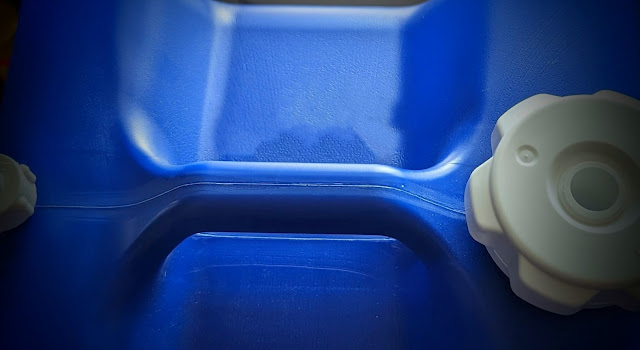Ramses is responsible for taking readings in the Bermuda Triangle while
Leona holes up in her little cubby to work on her fusion solution. He
offered to help her with it, but she wants to do this herself. Obviously, he
would never try to take credit for the accomplishment at her work—she
doesn’t even care about that herself—but it still seems wrong. She’s already
being dishonest with her employer regarding her background and experiences.
She had to iron out a well-considered legal document that expressly barred
the University from publishing her name, or other identifying information,
anywhere for public consumption. In exchange, she agreed to not share the
technology with any other entity. That goes against her instinct to make
knowledge free and accessible, but that wouldn’t be good for her either,
because it would shine a spotlight right on her face.
Before he quit his job at the electronics store, Ramses managed to steal
just enough parts and equipment to build the instruments that they’re now
using to conduct this research. One thing they’ve gathered is that the
closer they are to the exact center, the stronger their time powers are, and
the easier it is to teleport. Range appears to be stretched too, though
that’s hard to test, because they’re in the middle of nowhere. They’re
getting wet a lot, trying to test this out. They’re regretting the limited
time they spent trying to figure out what was maintaining The Constant’s
temporal energy, because it would have been a lot easier to walk around an
underground bunker. This is worse since they can’t even travel all the way
to the bottom of the ocean because the pressure is too high for The Olimpia
to withstand. Fortunately, they’ve recently become confident in their
assessment that depth is not an advantage. The energy appears to be sourced
at the surface, rather than from something deep down in the abyss. The
problem is, they still can’t actually find it.
This close to the center, higher concentrations of temporal energy seem to
be more sporadic and—to put it in fitting terms—more fluid. It’s almost as
if bursts of energy spontaneously emerge inside the water molecules, which
float around until used up. They’re also pretty sure that these levels have
been declining since they arrived, which makes sense, what with them being
there to spend this energy. They have scooped up samples to be stored in the
vehicle’s drinking water tanks, and will later study whether levels change
after being removed from the area, and possibly even figure out how to
compound or synthesize more energy. So far, even all this is not enough.
After the upteenth time testing to see if something changes about the water
when heat is applied, Ramses trills his lips.
“Nothing interesting?” Mateo asks, knowing the answer.
“I think we should leave,” Ramses answers.
“Yeah,” Mateo agrees. “No land masses, no special shipwrecks. “It’s just a
bunch of water, which somehow, for some reason, stores temporal energy. I
don’t see any reason to stick around. I think it would be more beneficial to
check out the other known locations, like Easter Island, Giza, and
Stonehenge.”
“Oh, I’ve been meaning to ask about that,” Heath says, having seen it on
Mateo’s list. “What is Stonehenge?”
The cubbies offer some privacy, but they aren’t exactly soundproof. Leona
slides open the door. “You don’t have Stonehenge? In England?”
“What’s an England?” Heath questions, avoiding making the usual joke about
thinking it sounds like the name of a band again.
Leona steps out, and walks over to the control room to initiate a map on the
heads-up-display. She zooms into where the United Kingdom should be, but
tilts her head in bafflement. She zooms out again, and drags it over, and
back in. She keeps trying to find it, but can’t. “How have I not noticed
this before?”
“Noticed what?” Ramses slides into the room, and looks at the map too. “Oh
my God. Where is it? It’s just more water.”
“It doesn’t exist,” Leona utters, fascinated. “The North Atlantic Isles
don’t exist.”

No comments :
Post a Comment